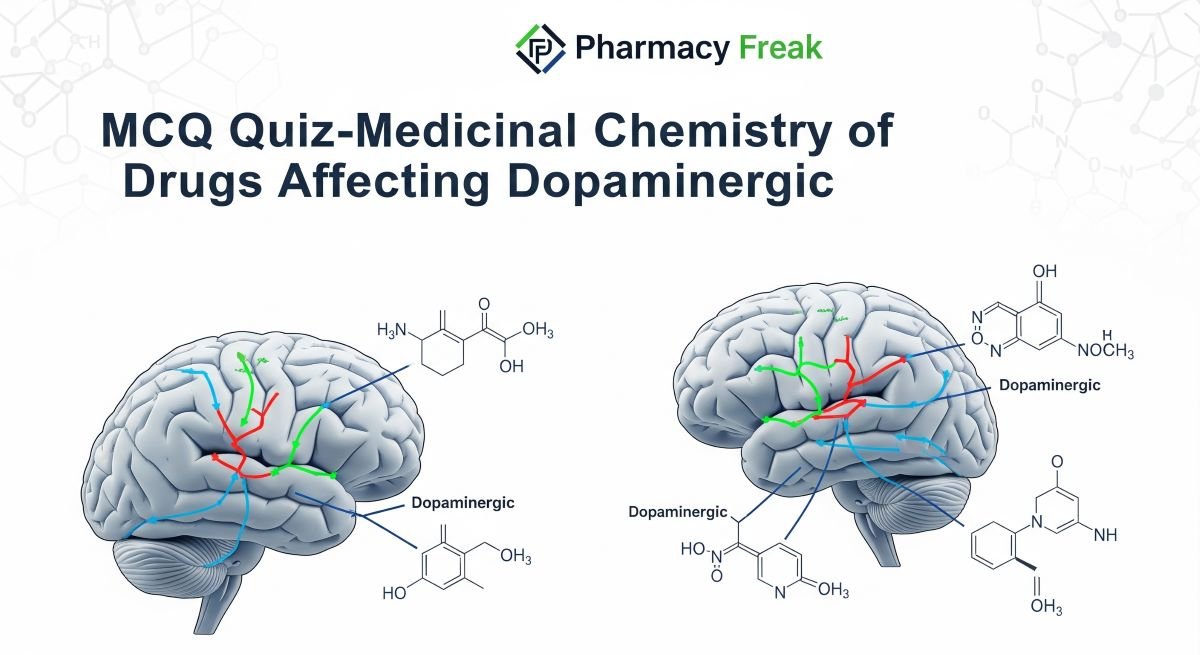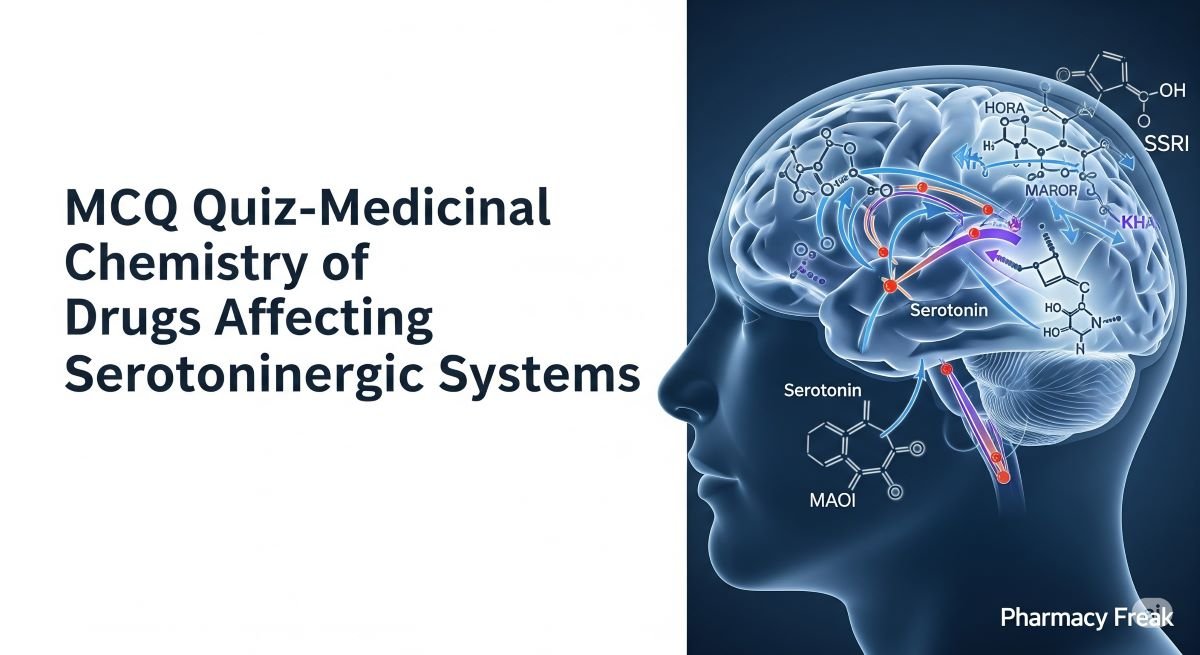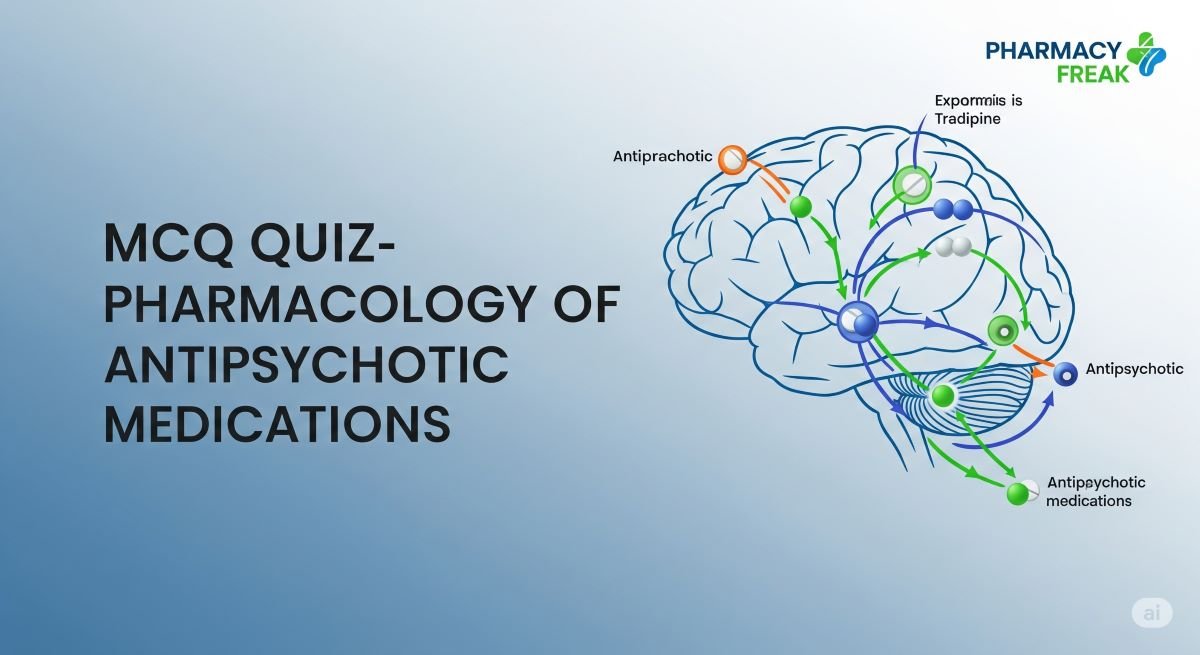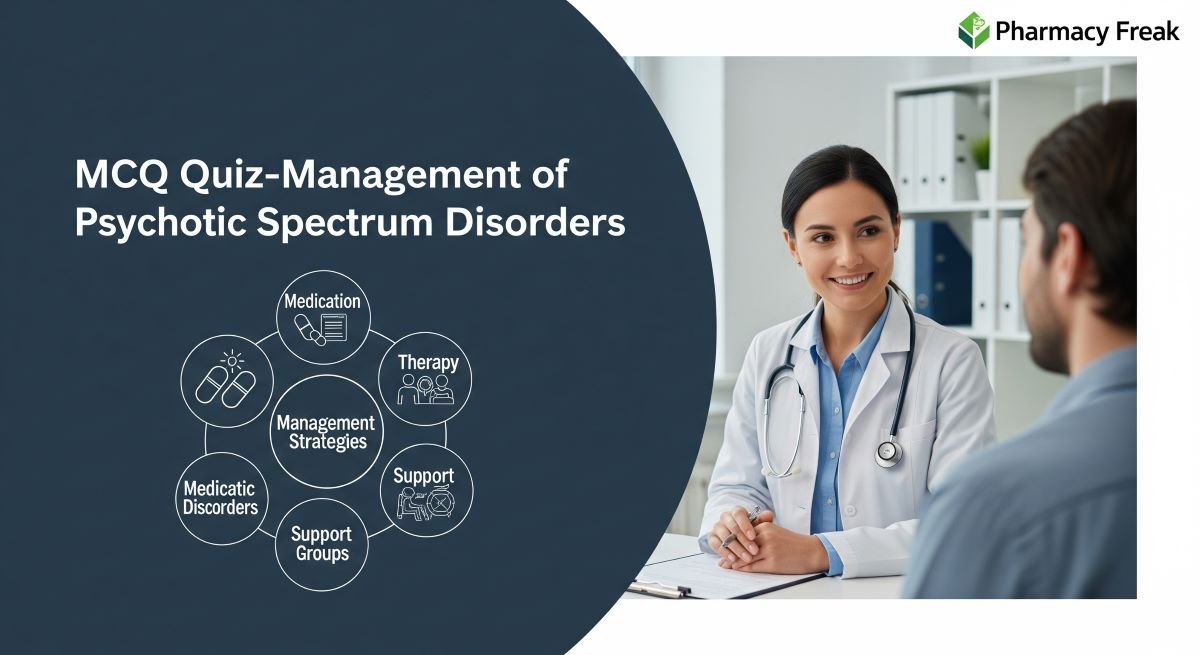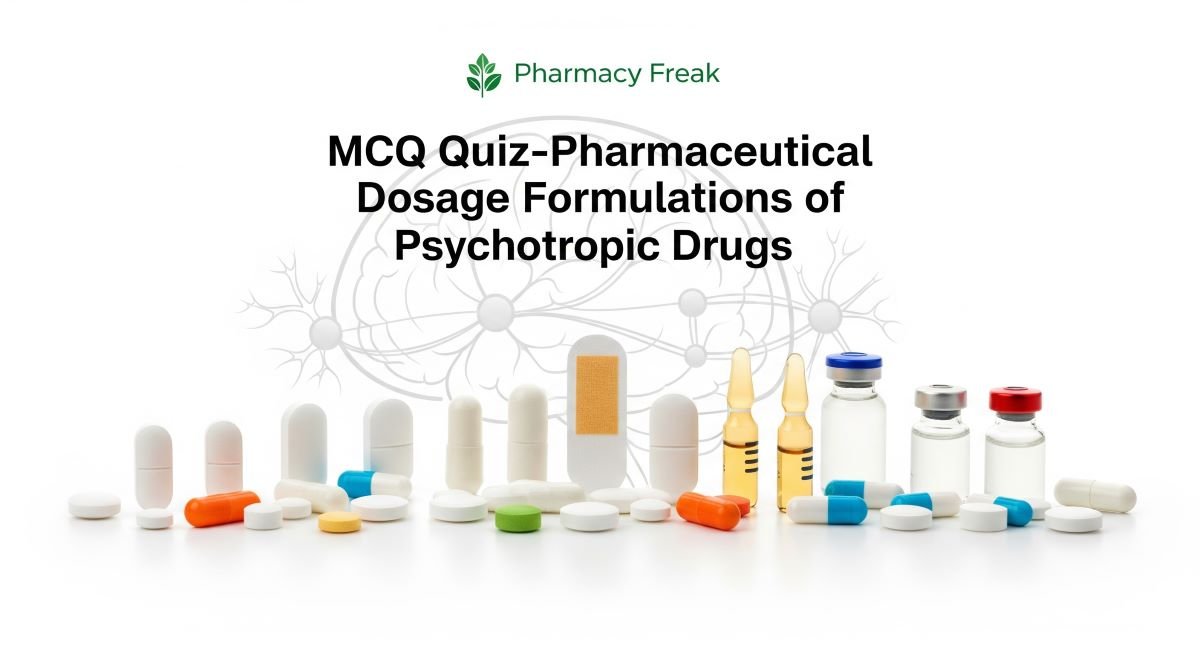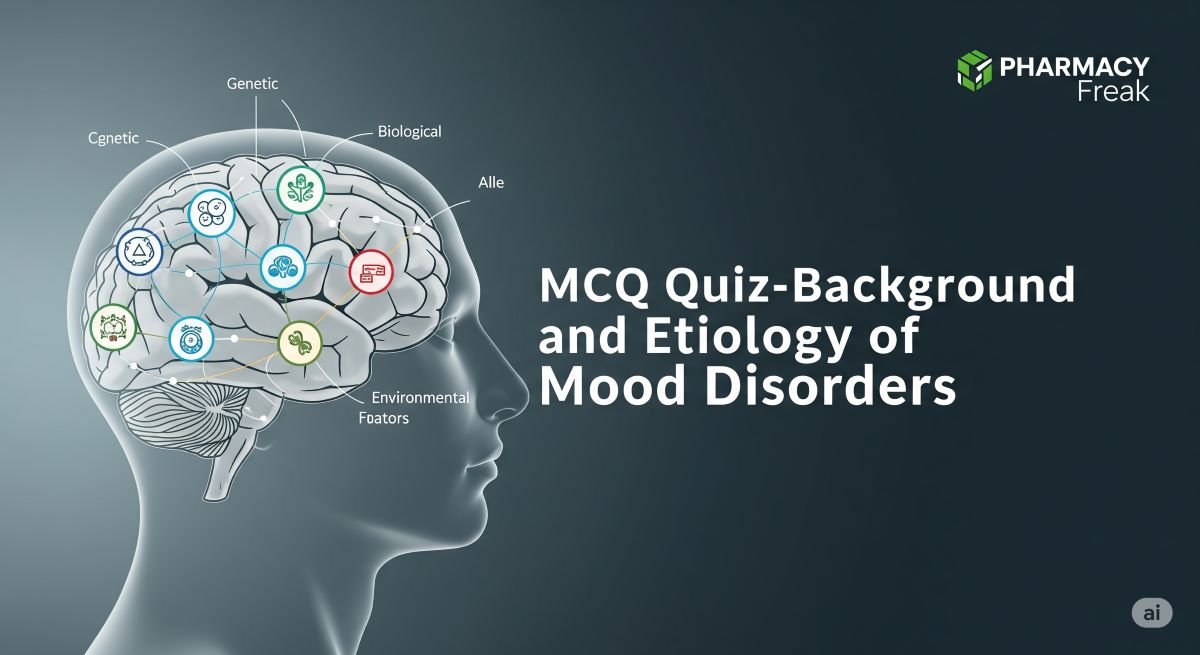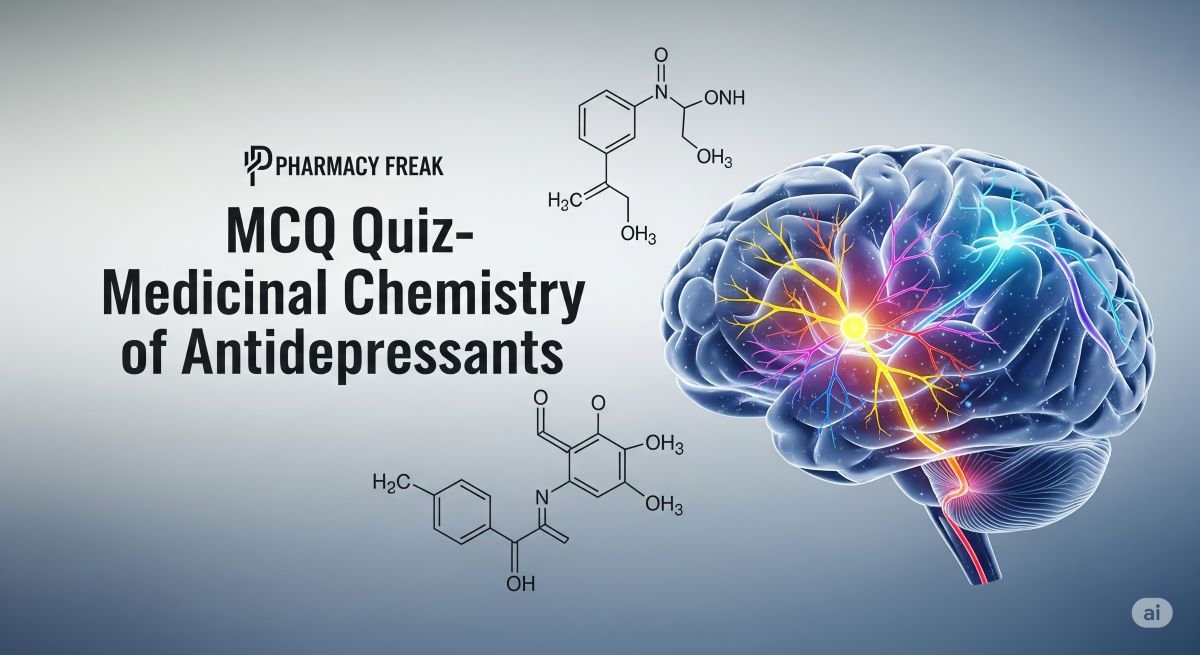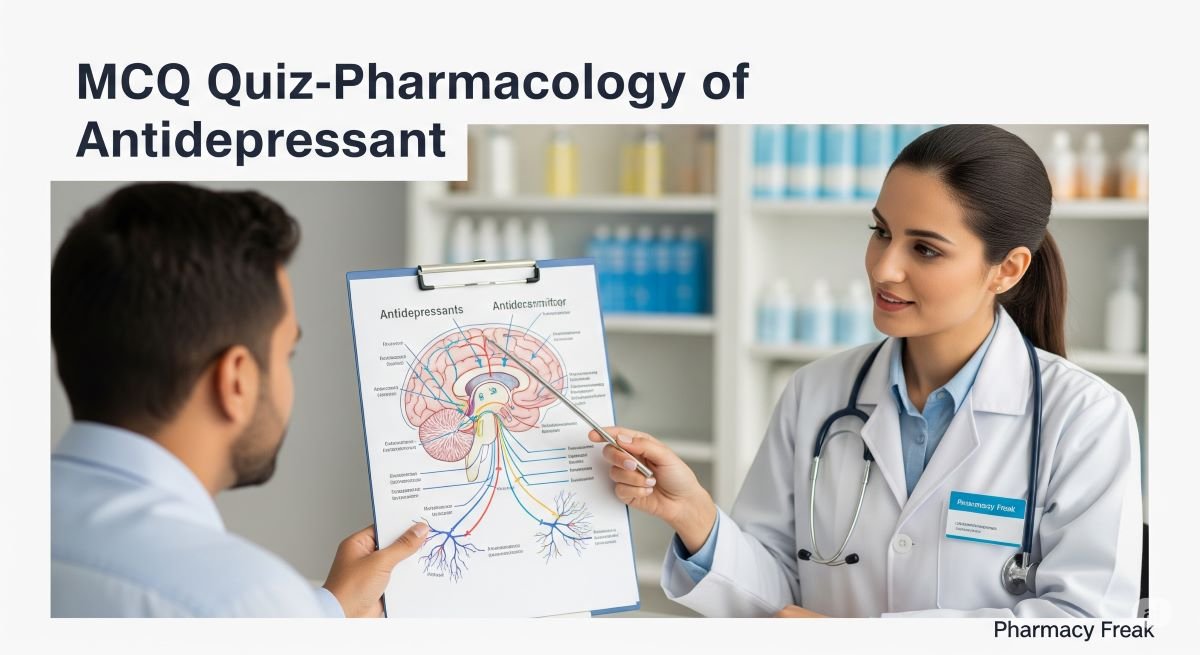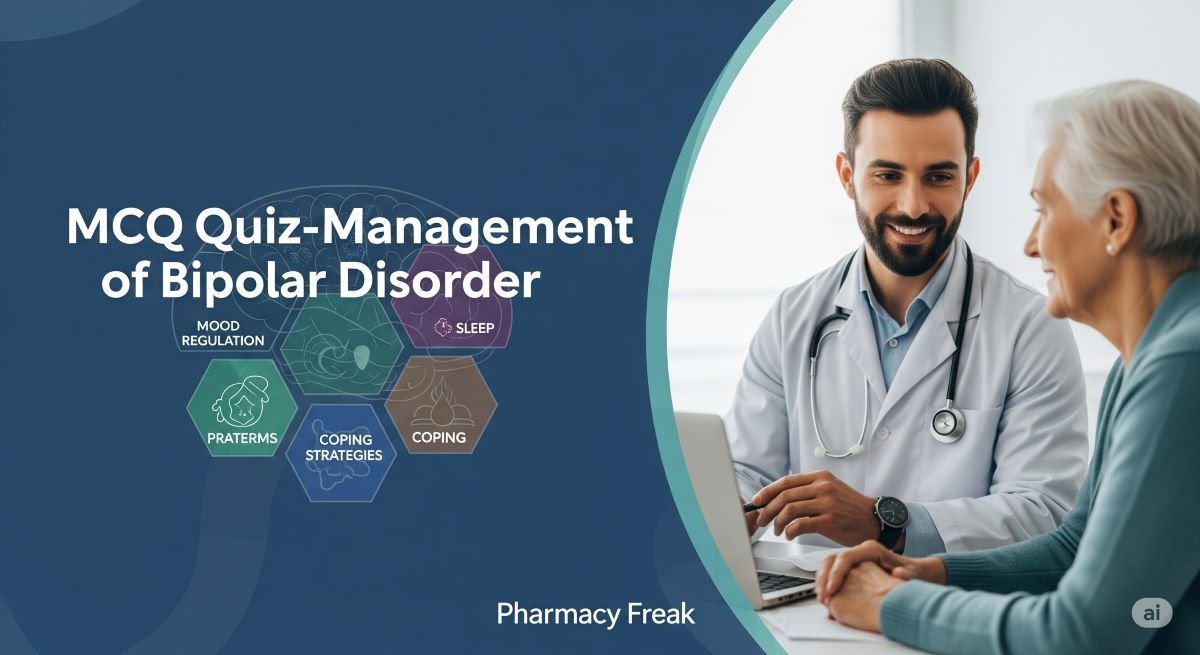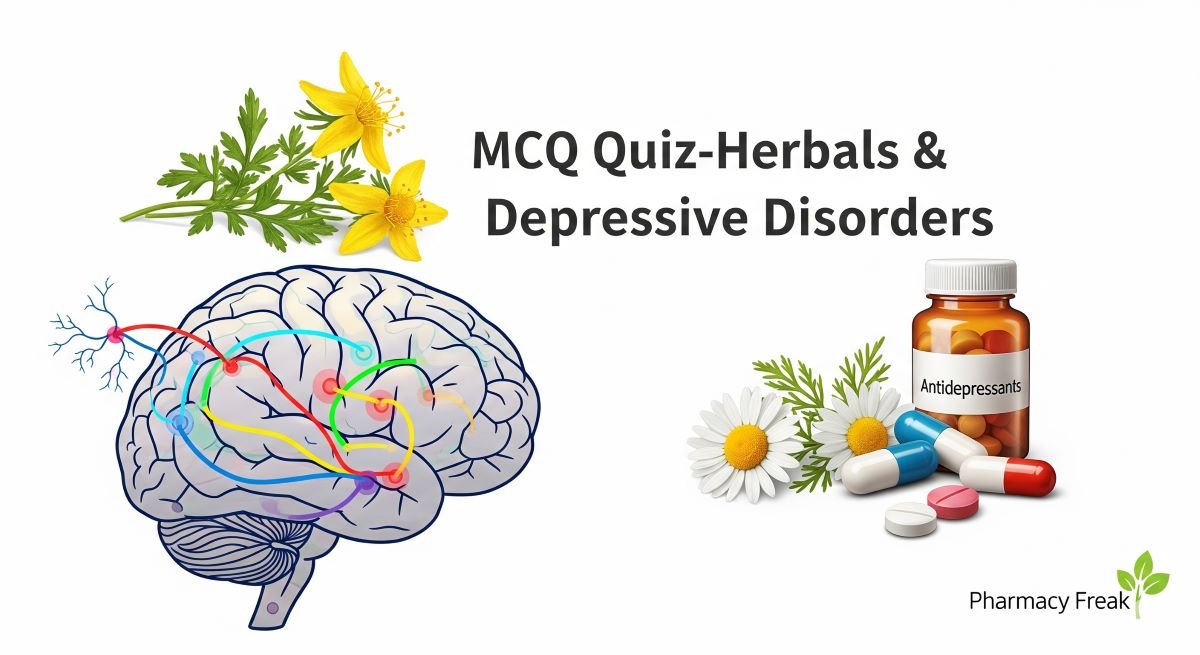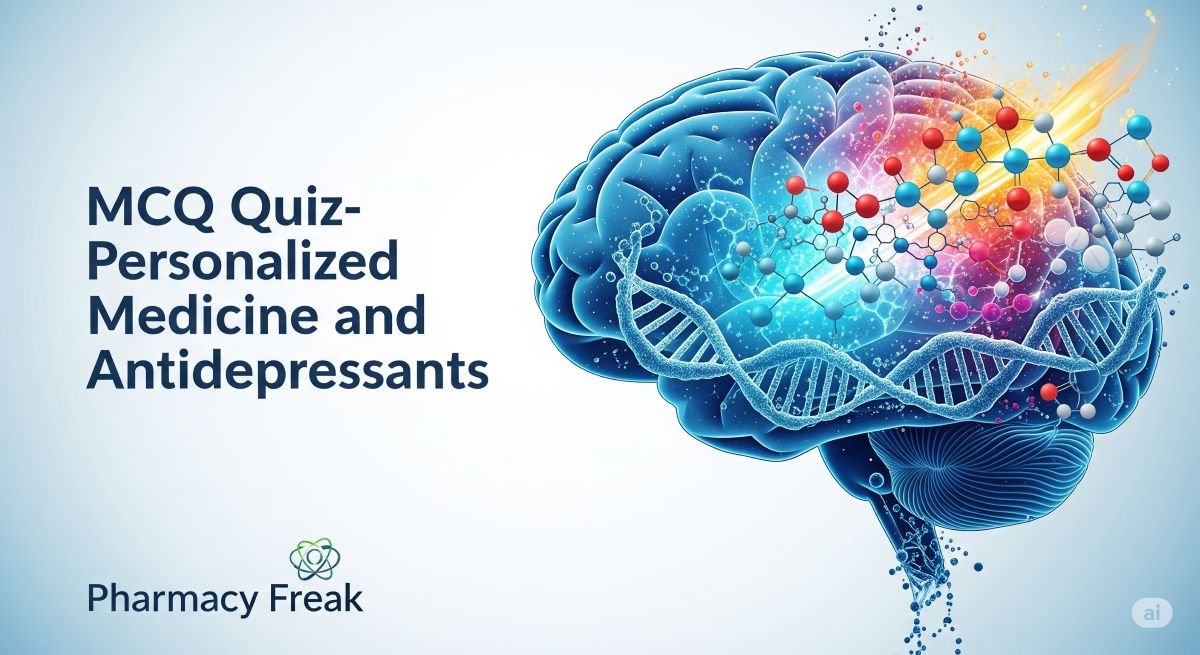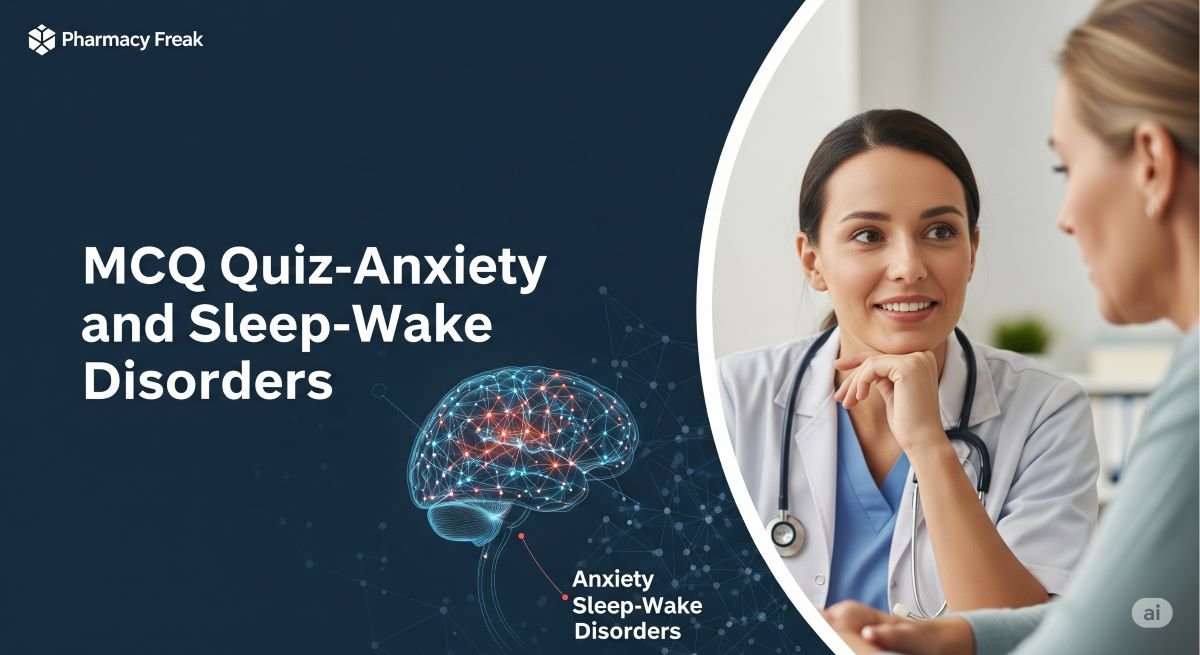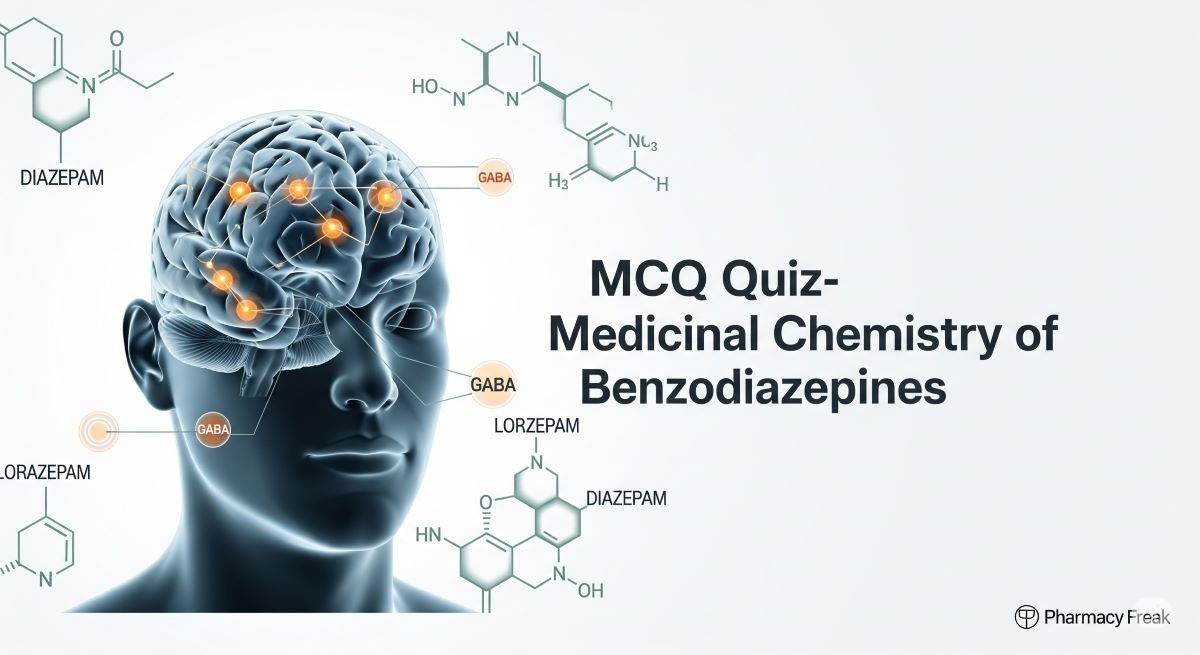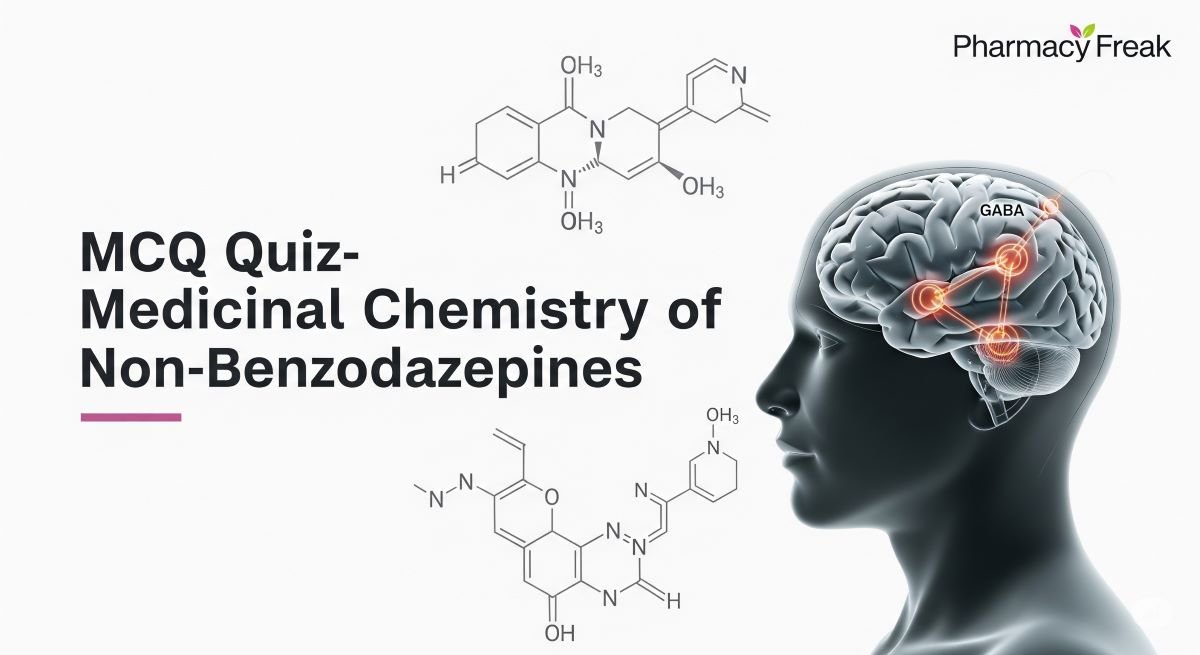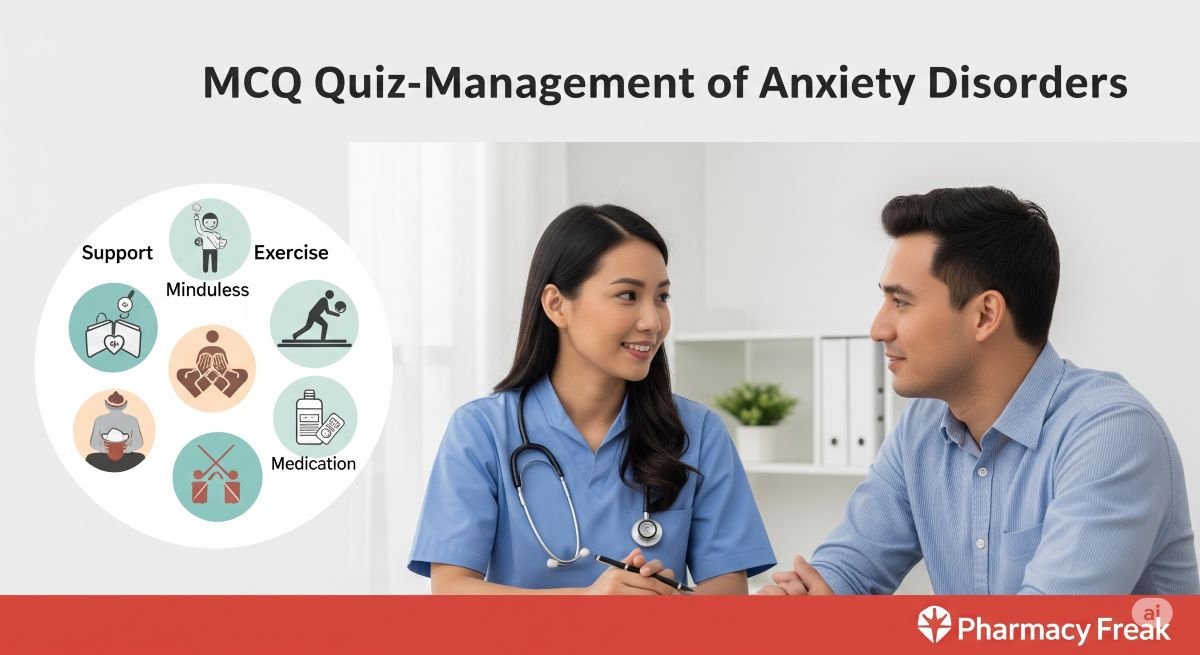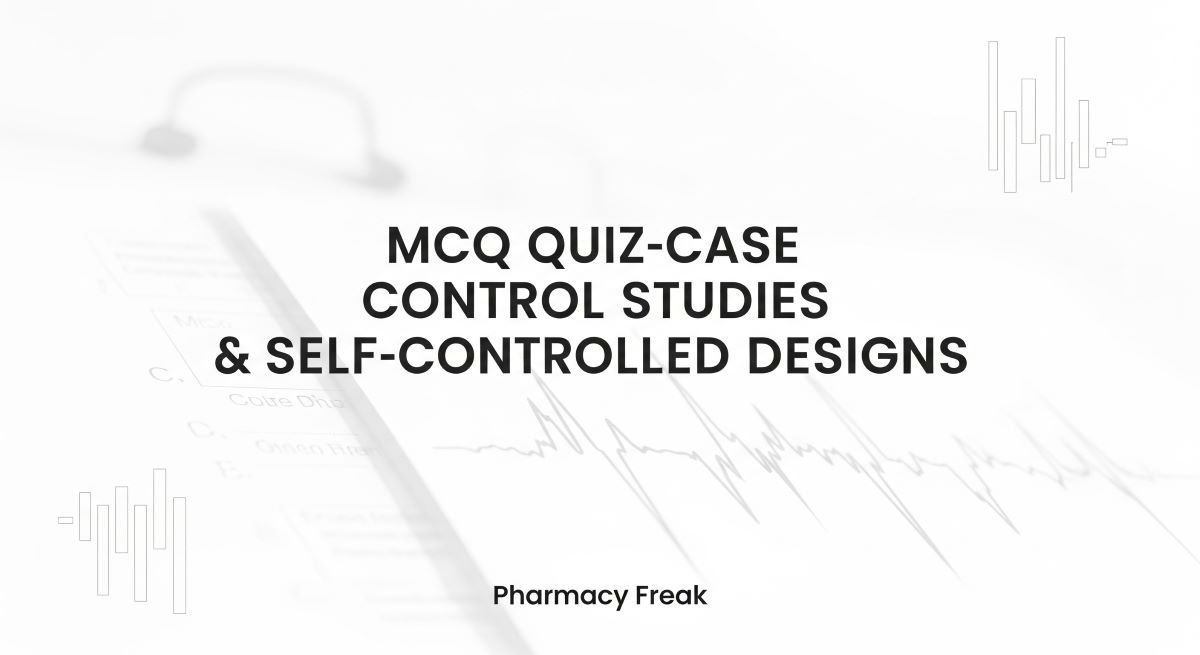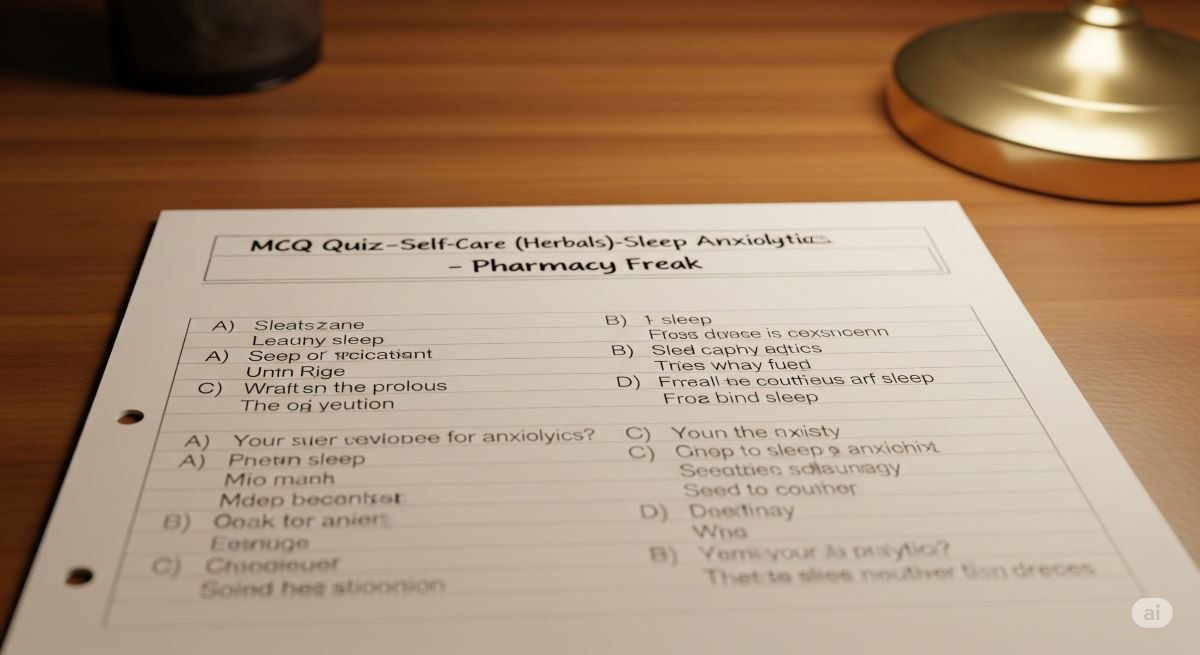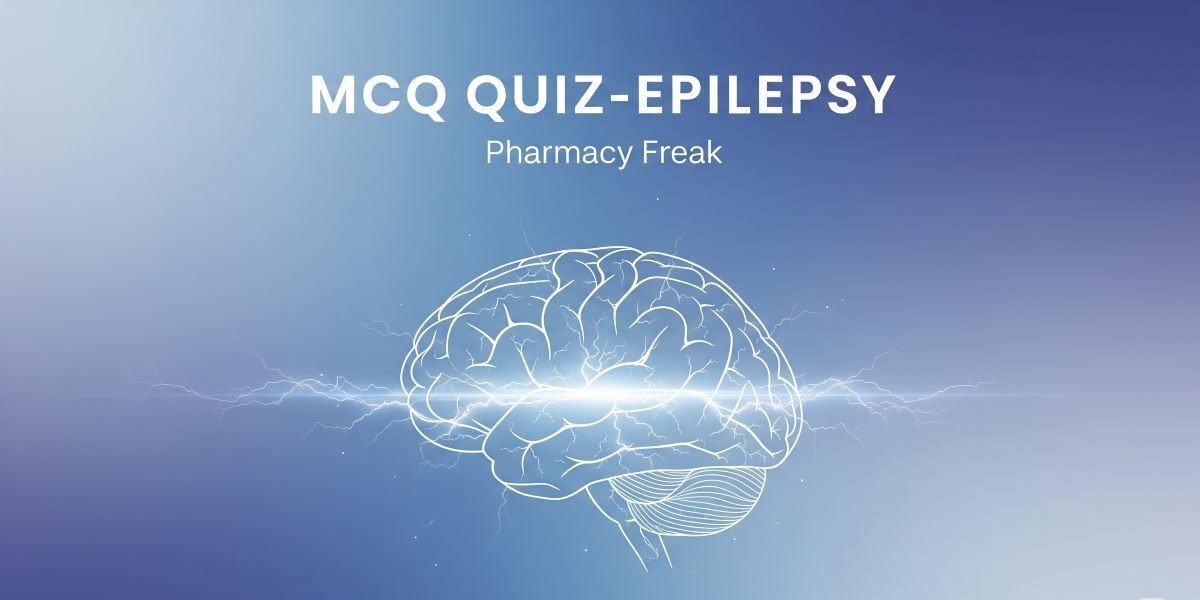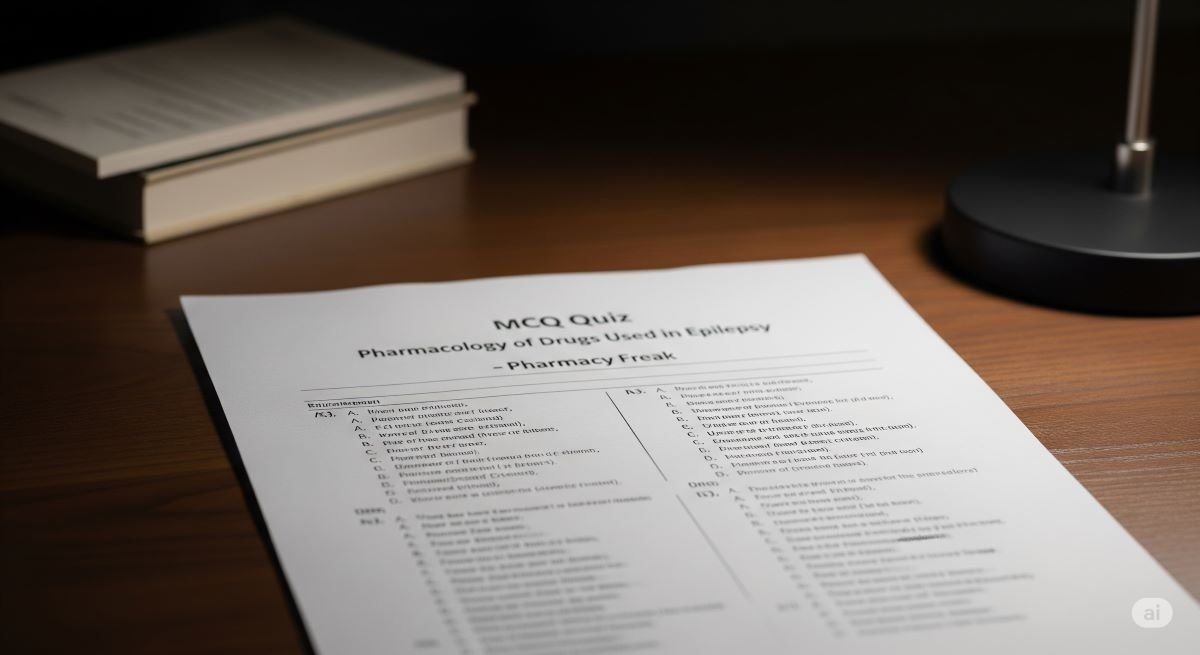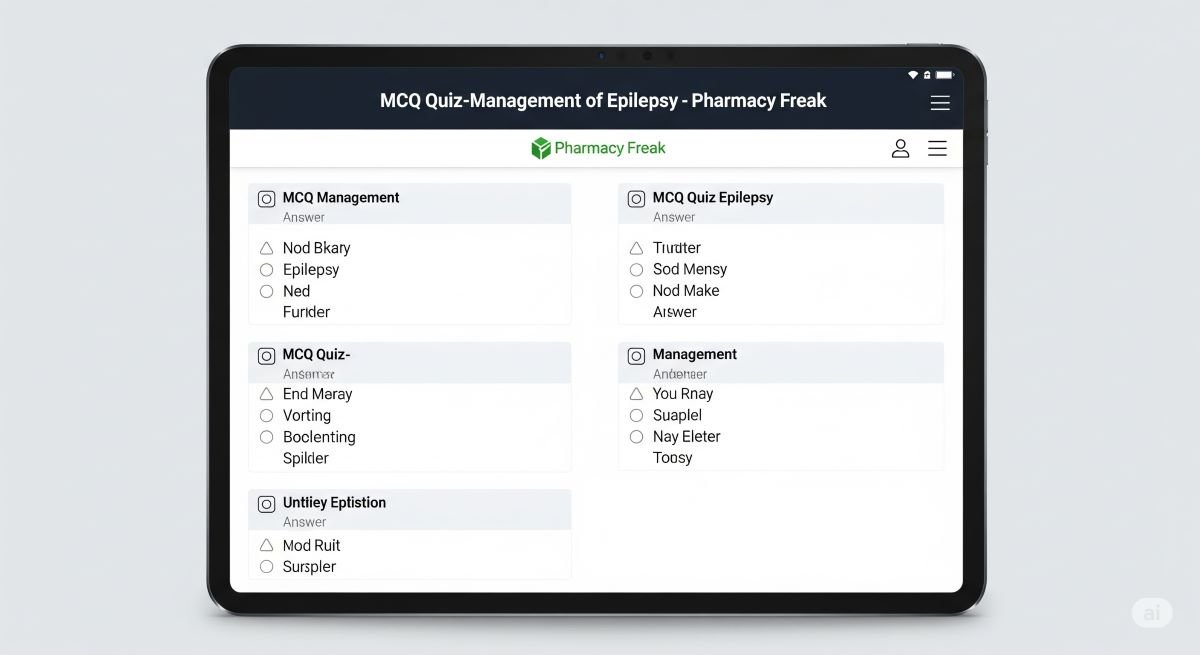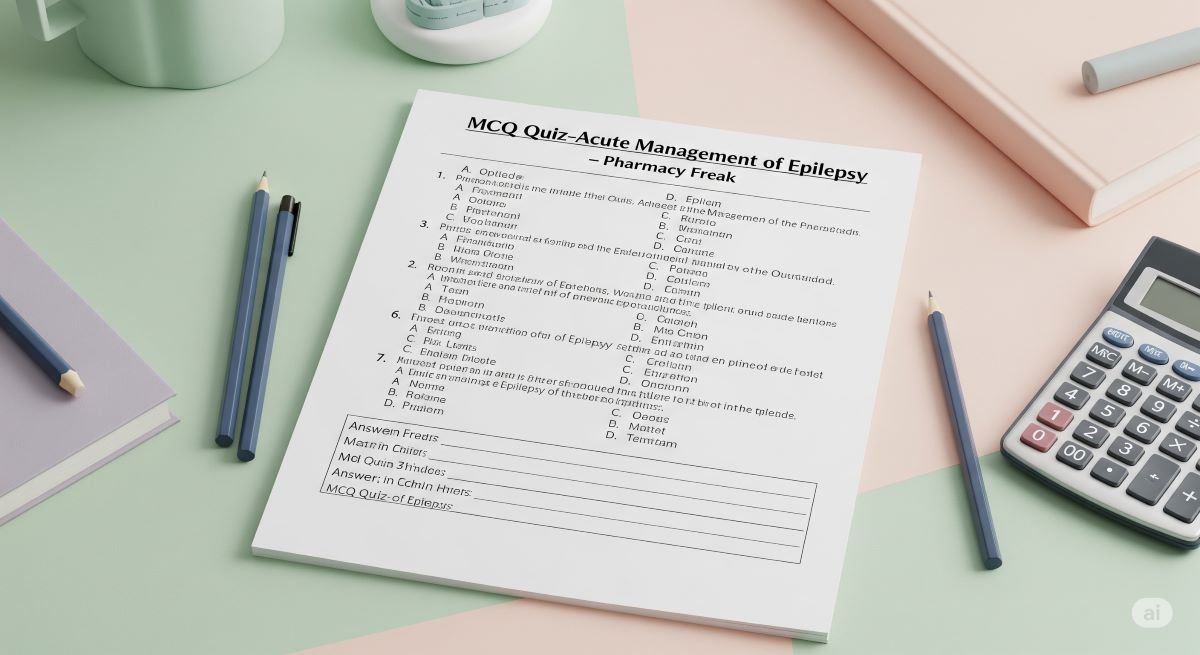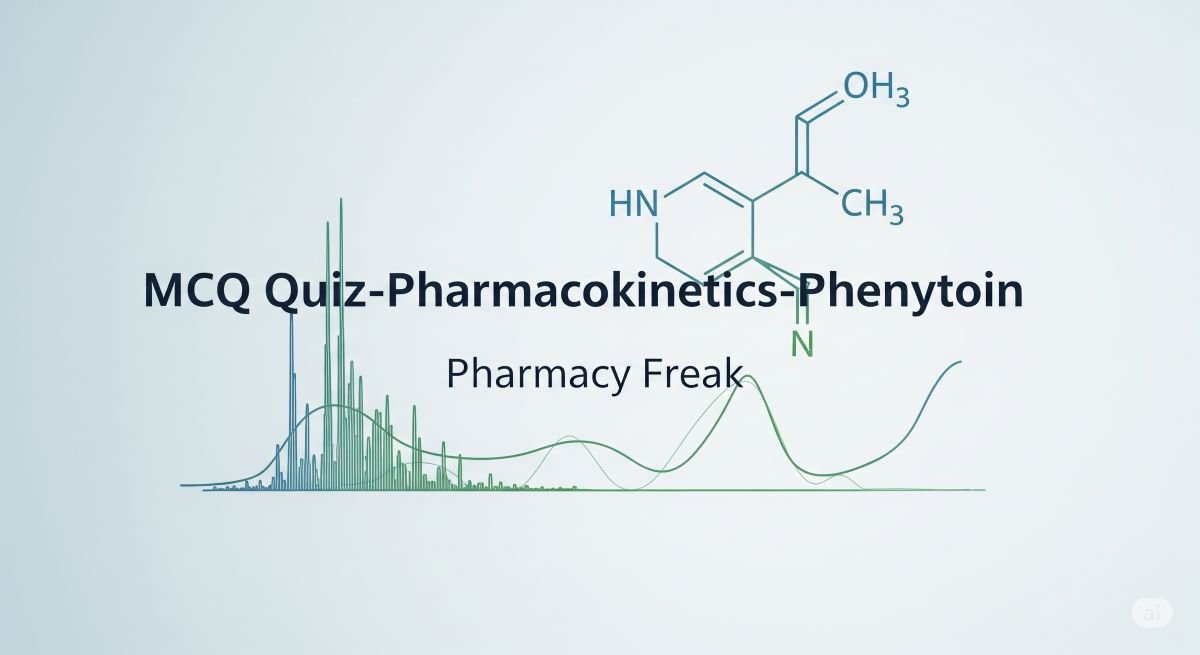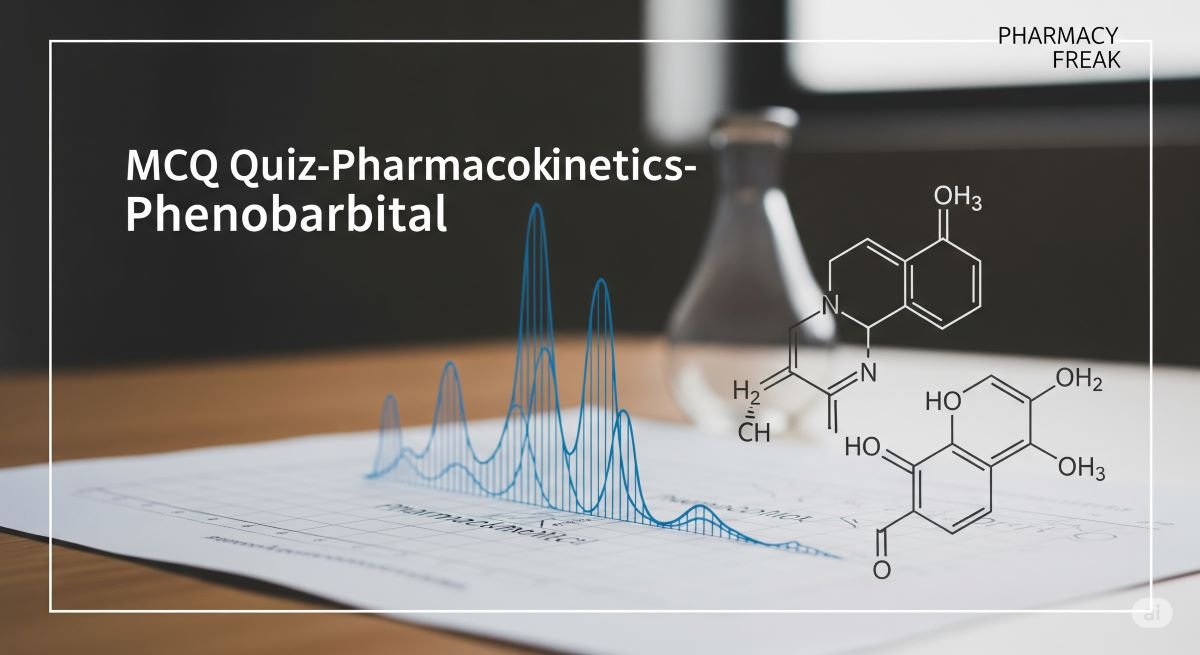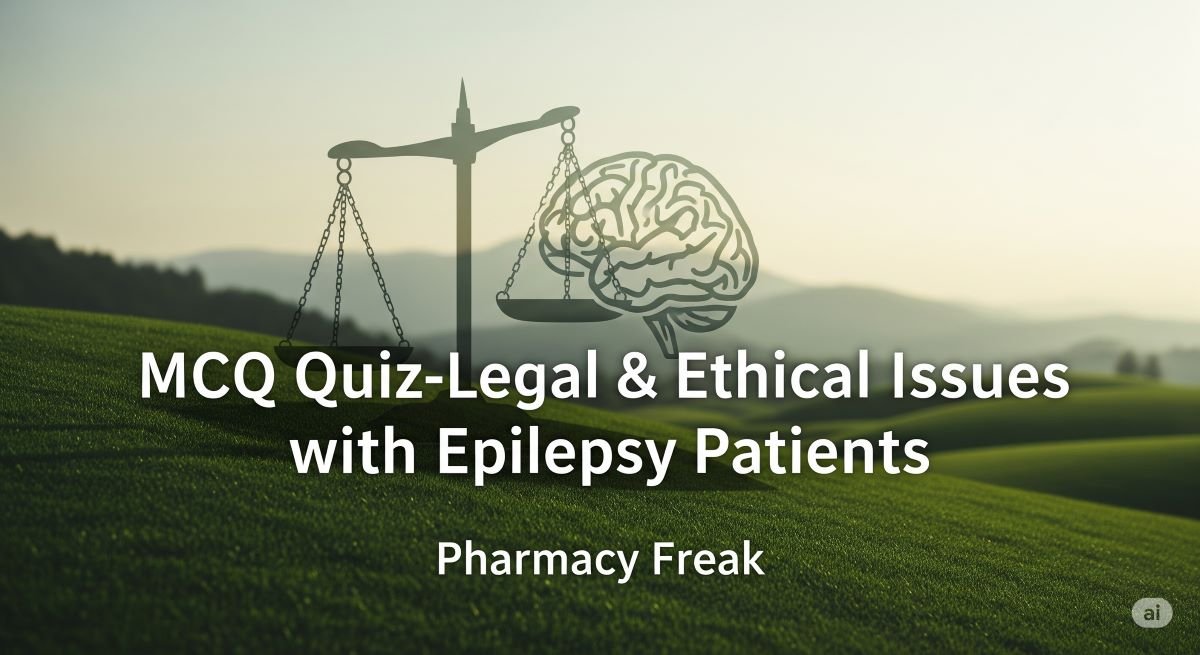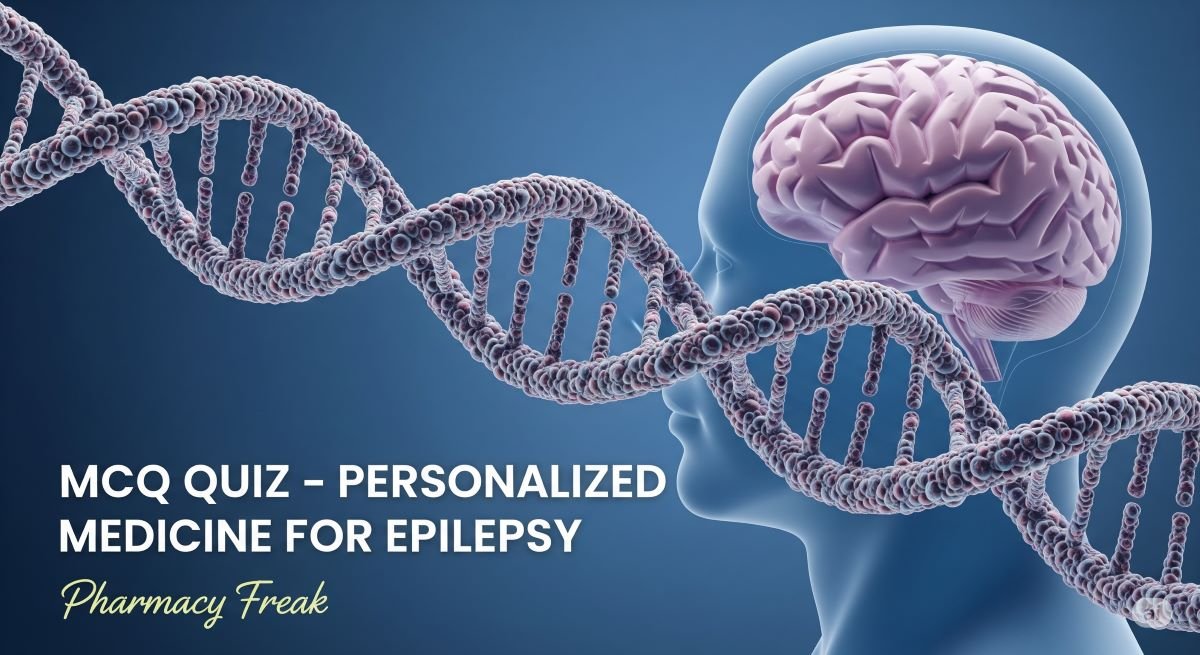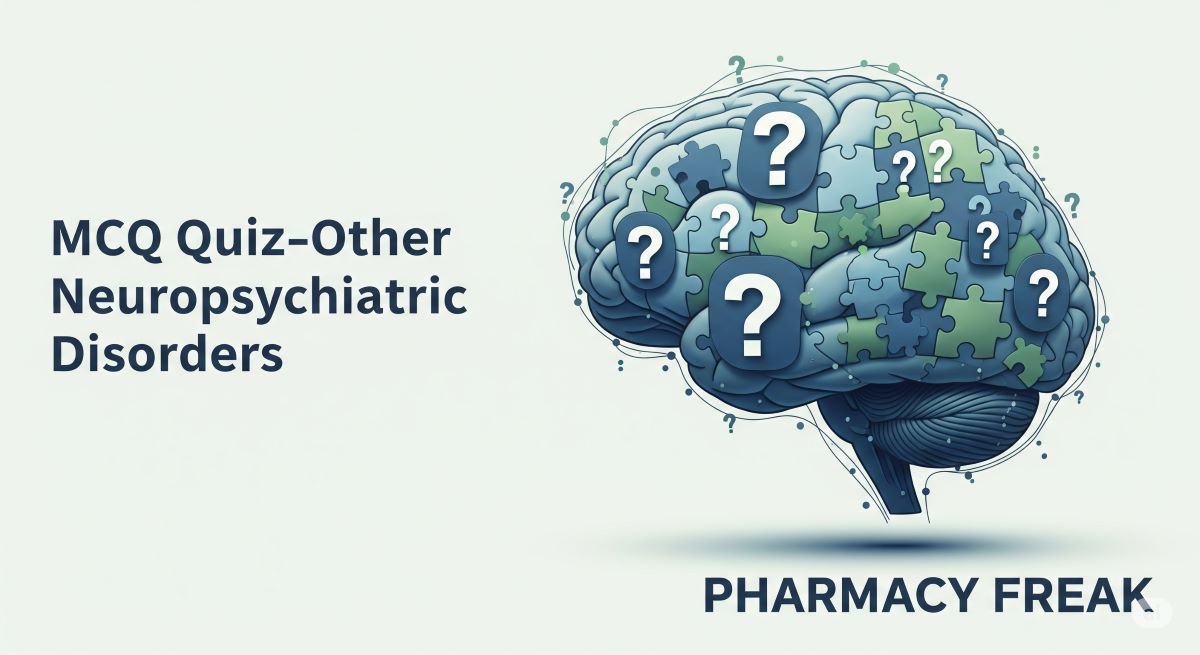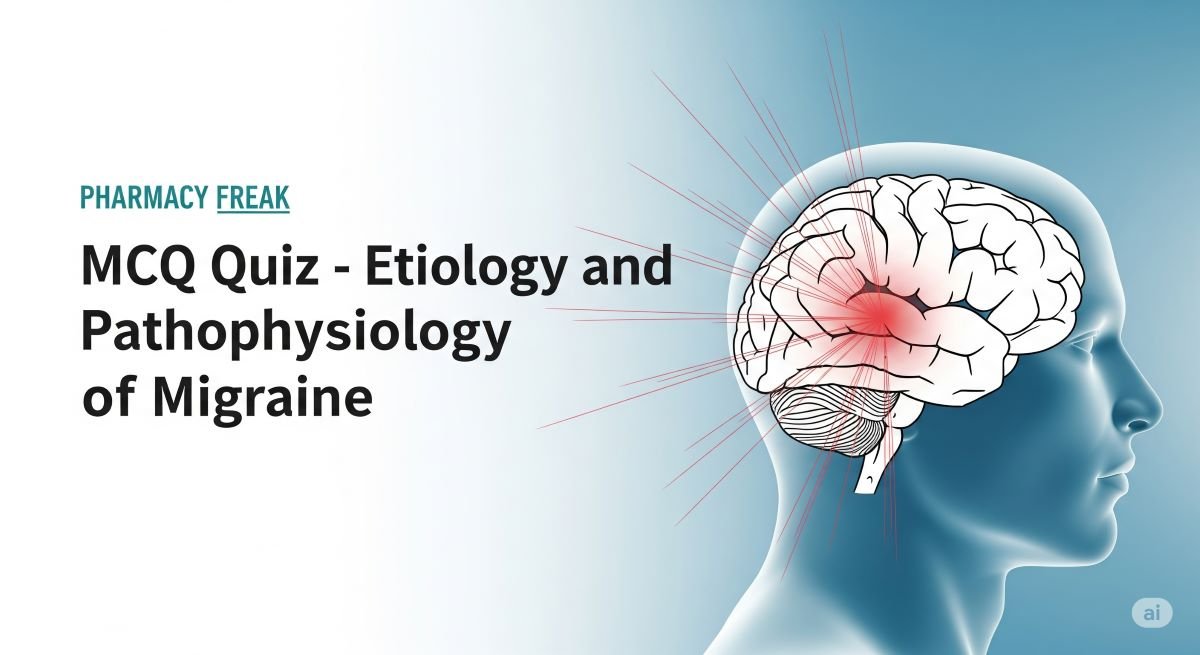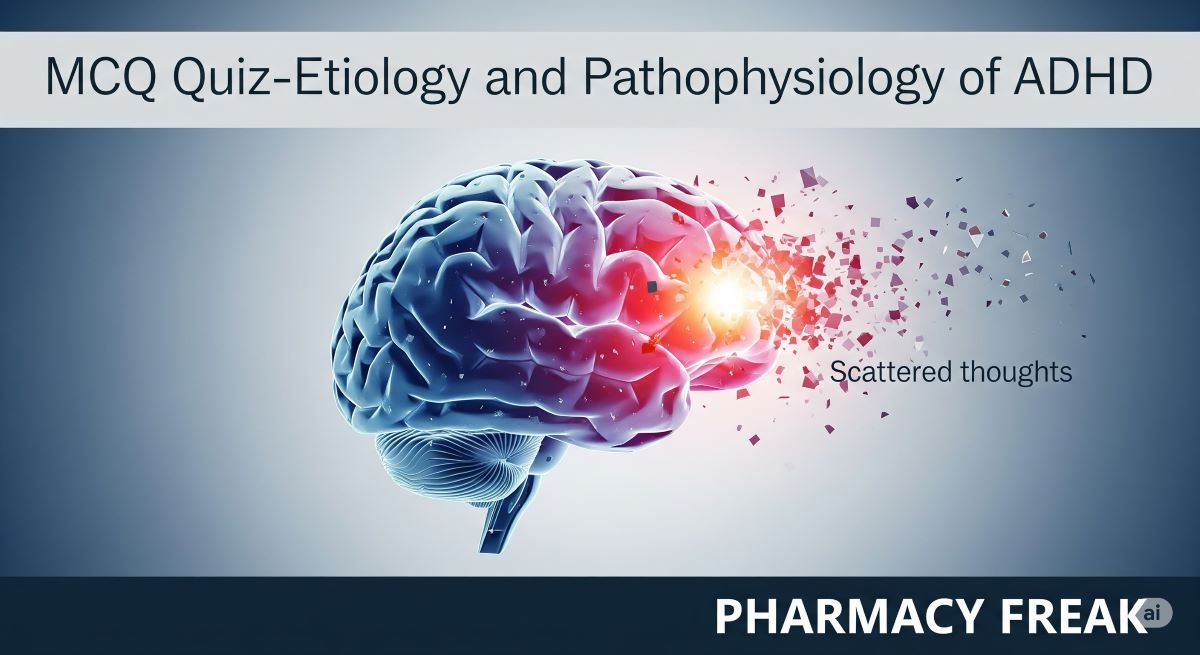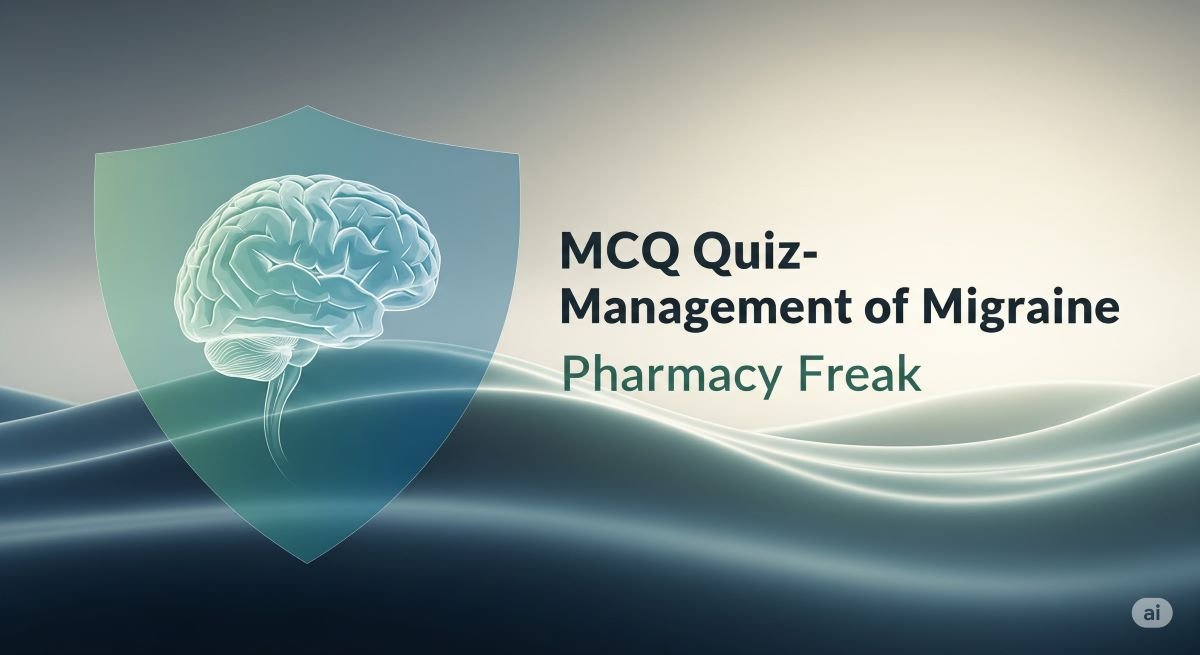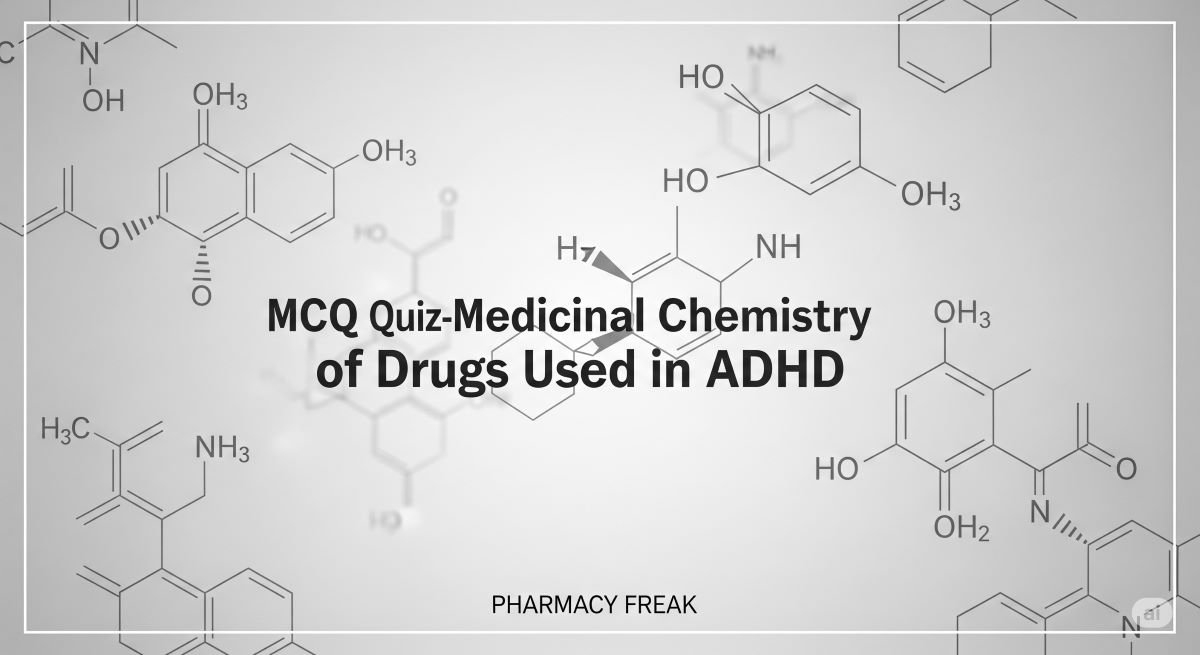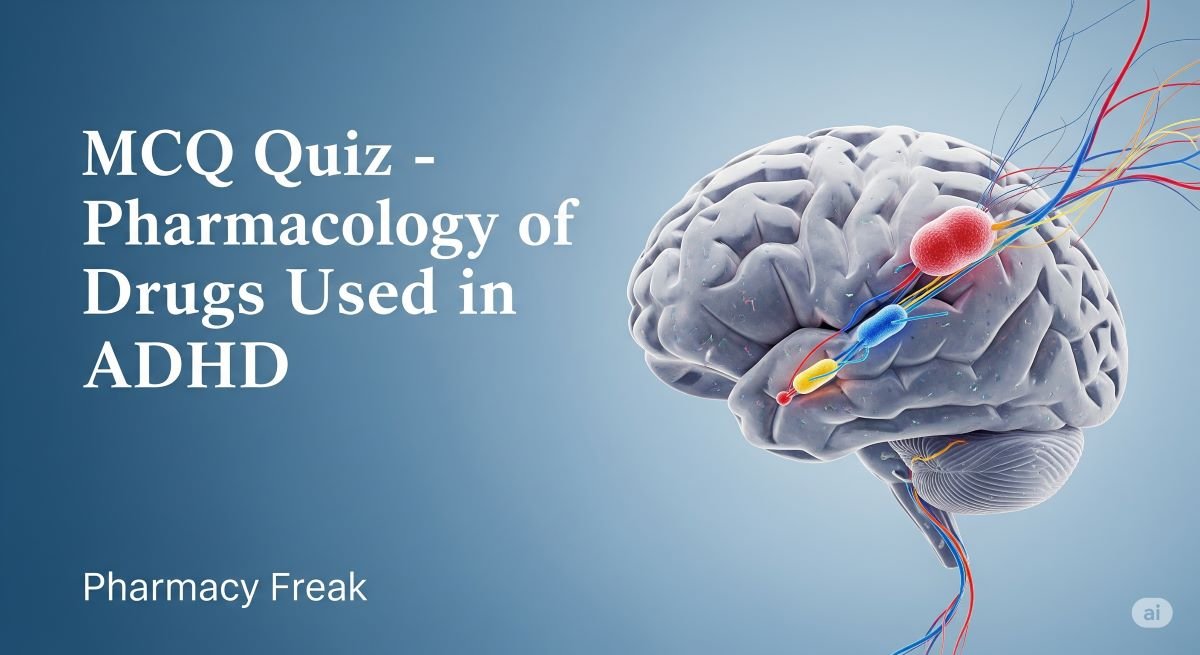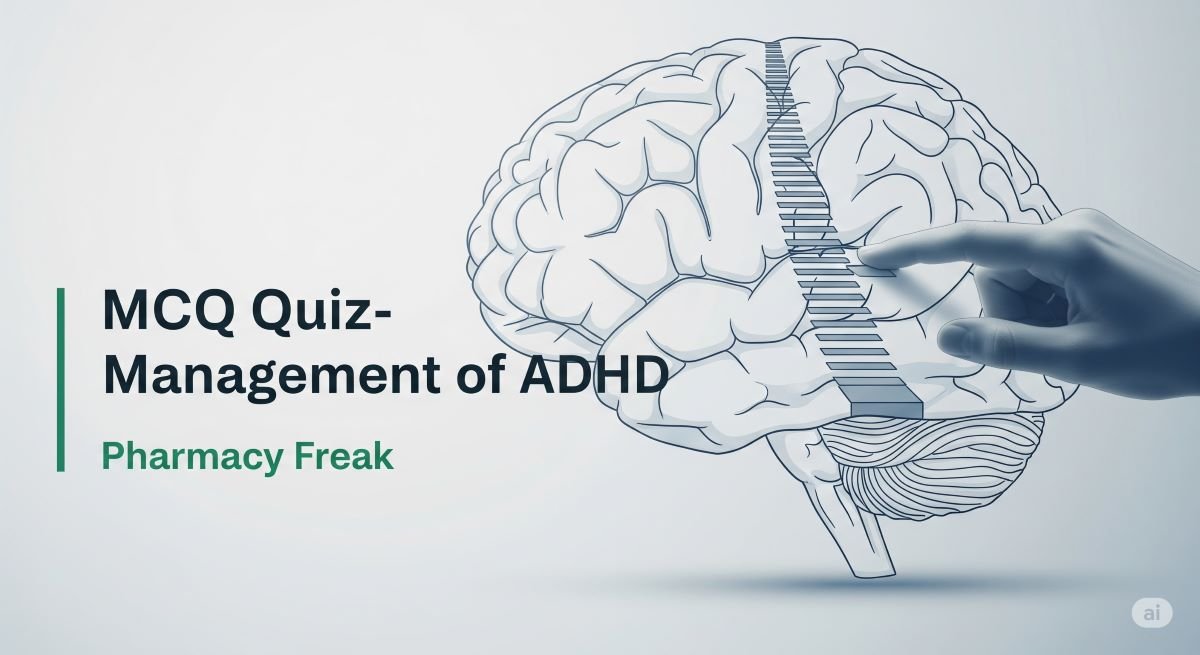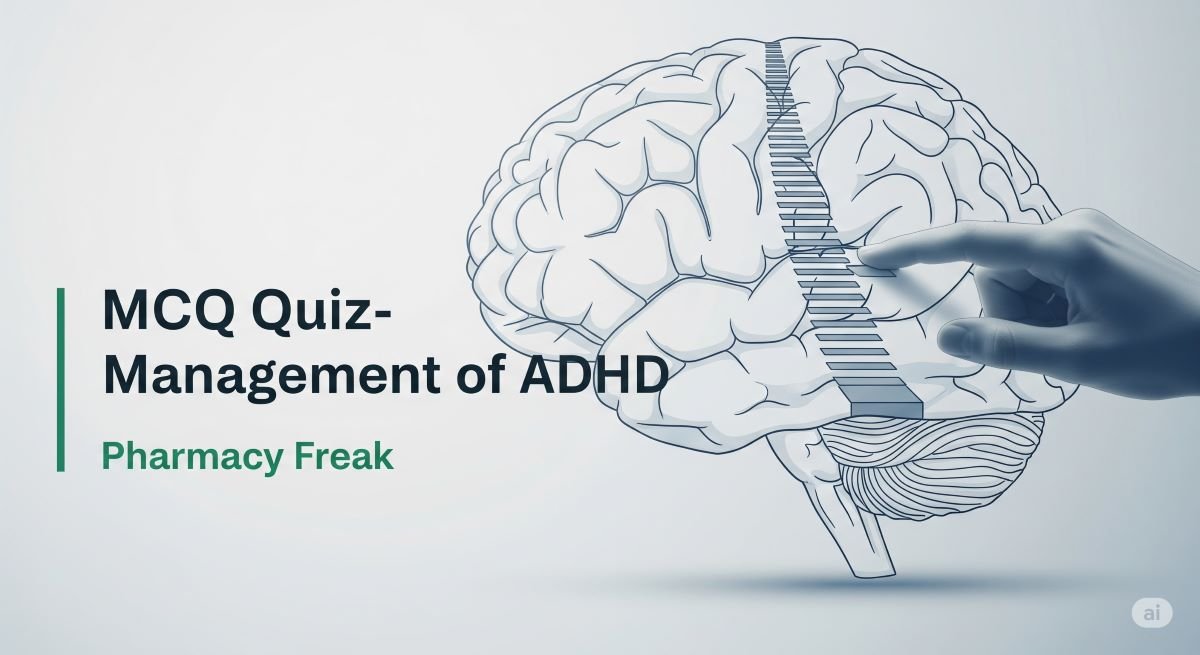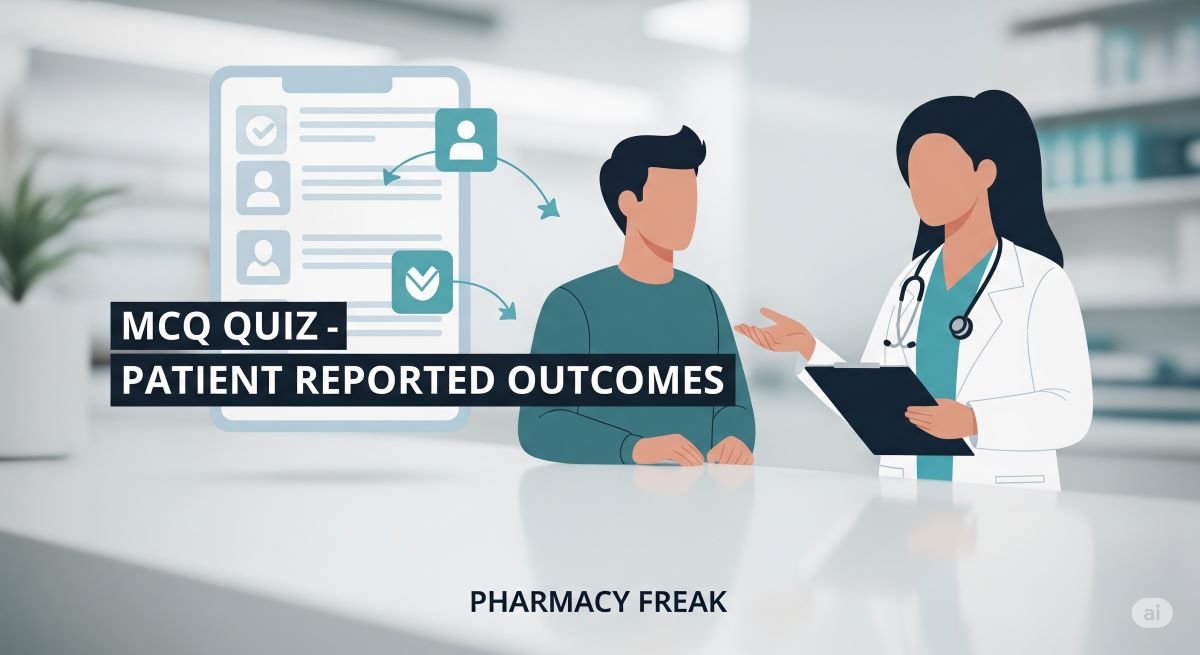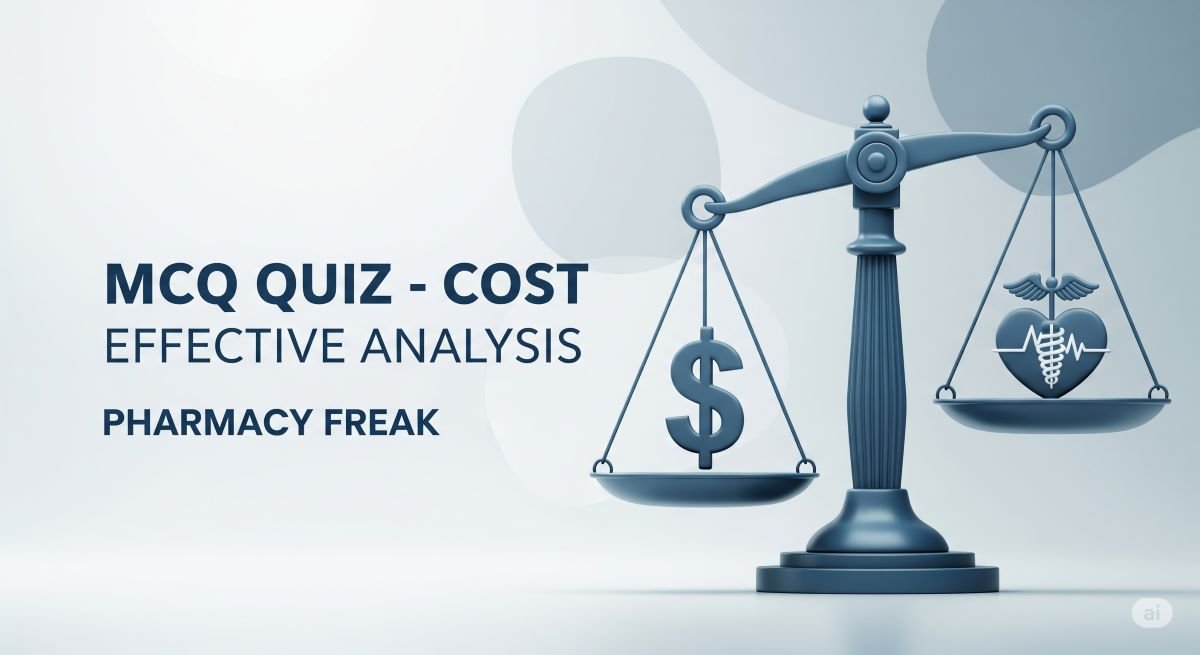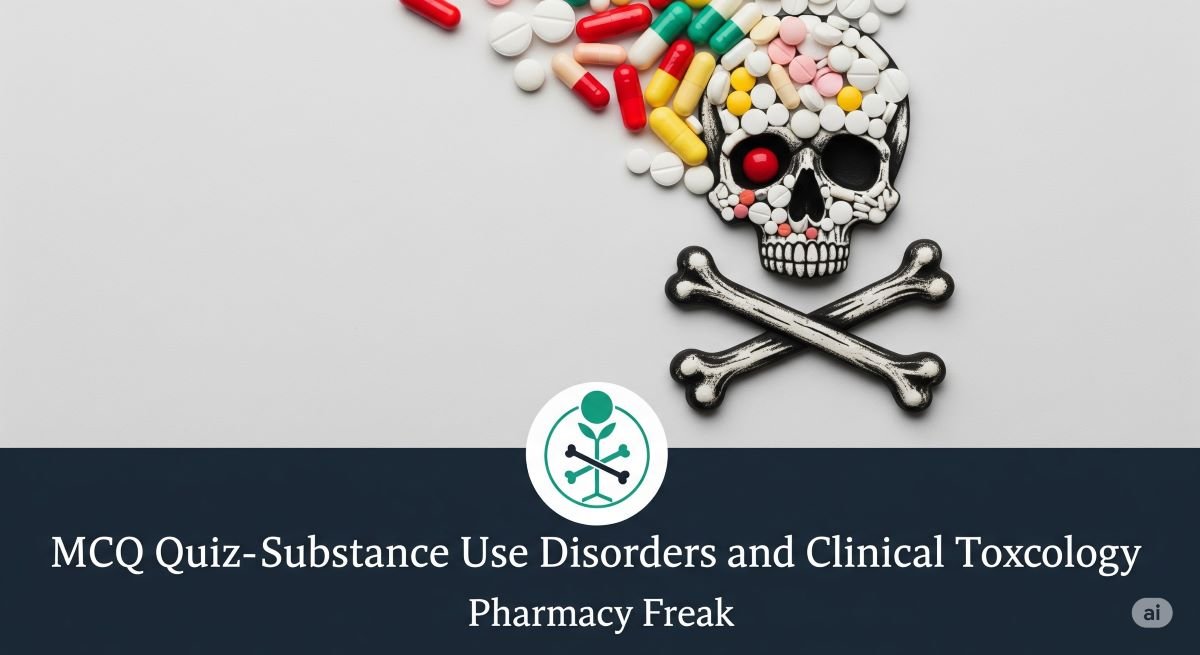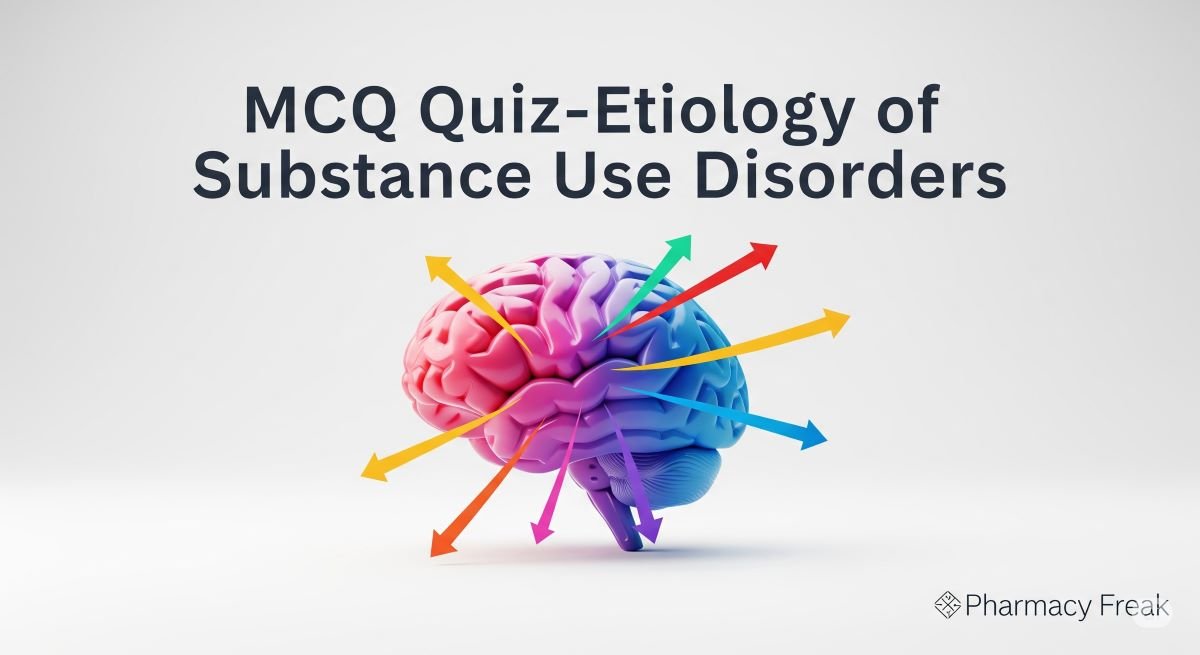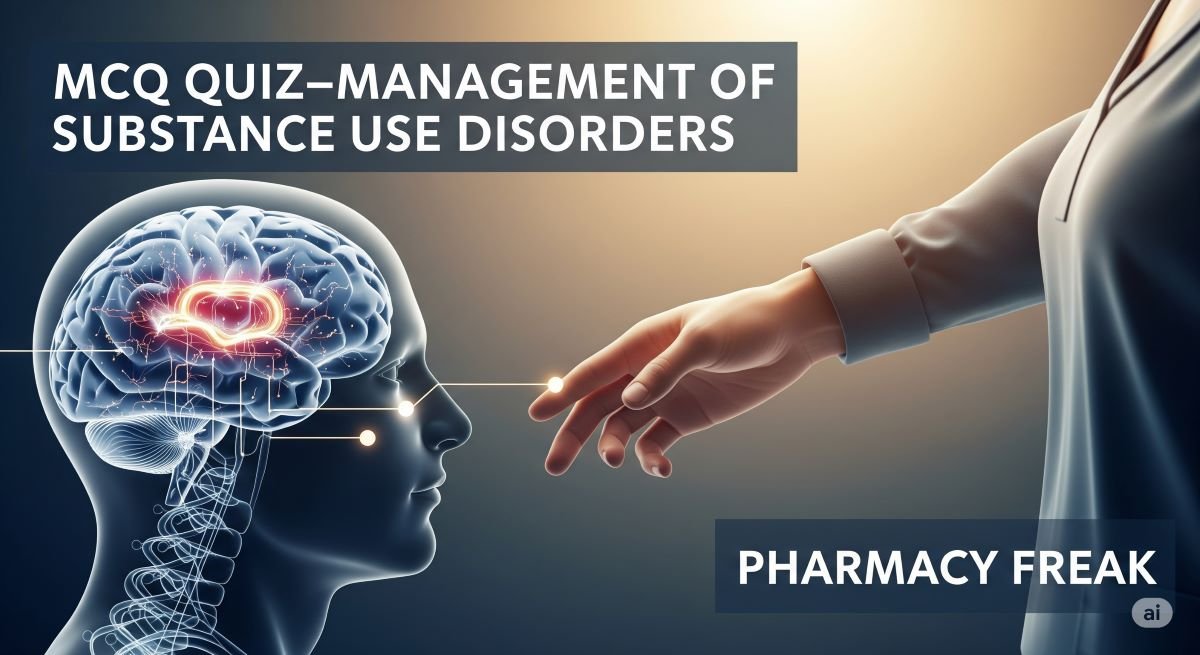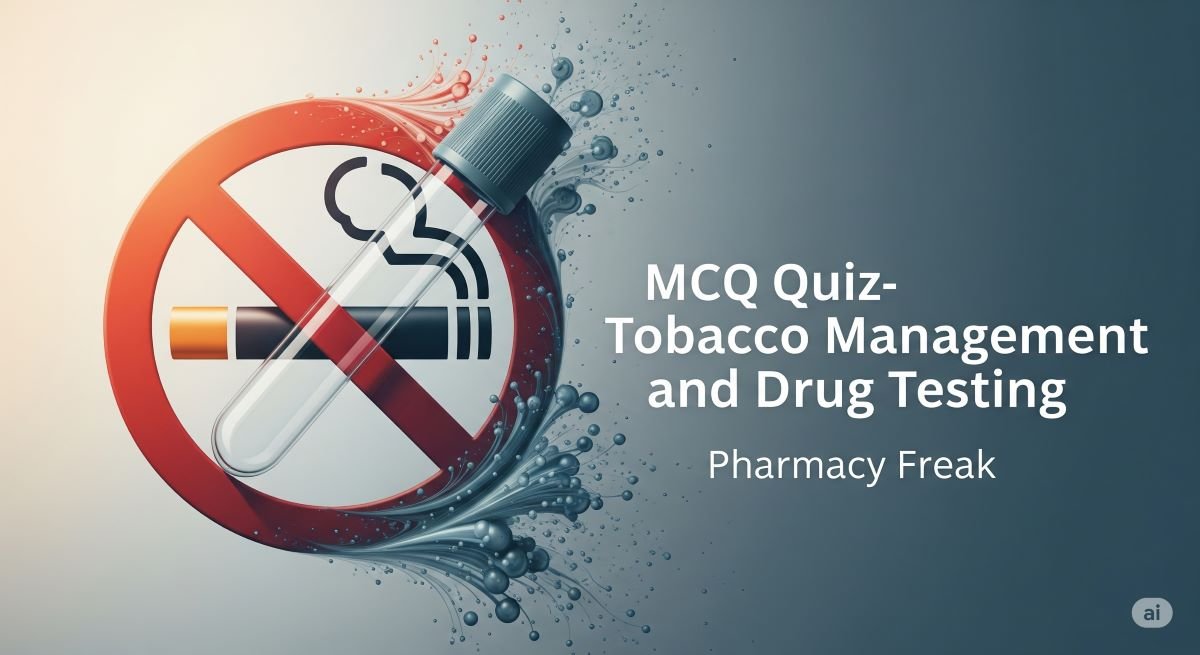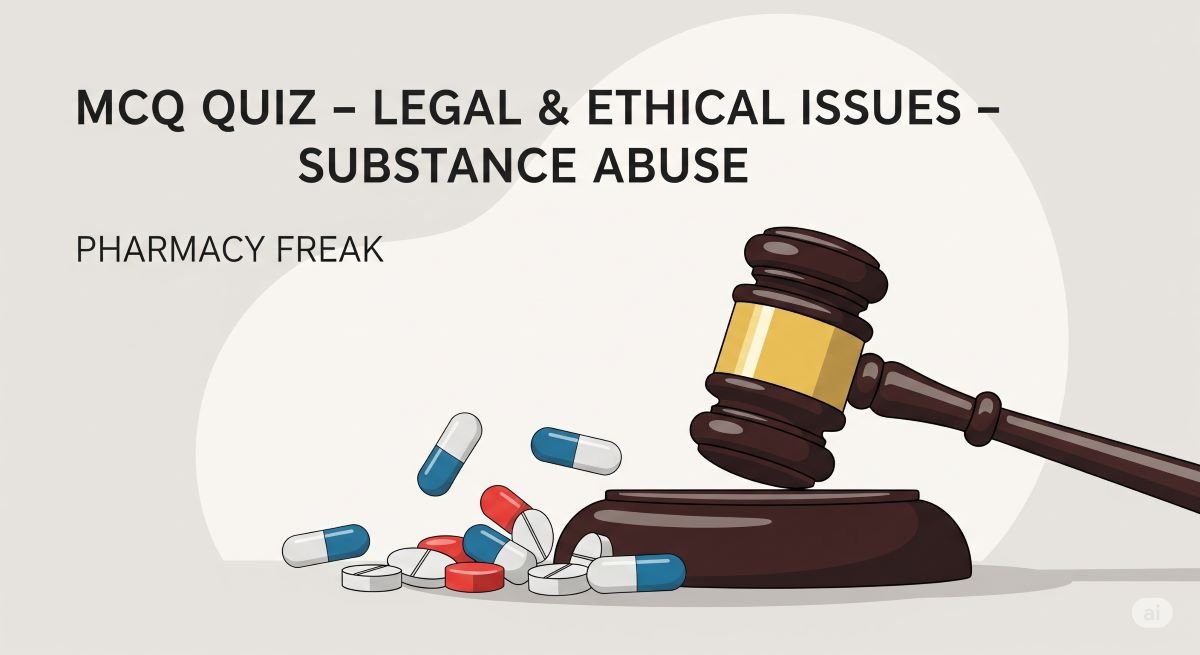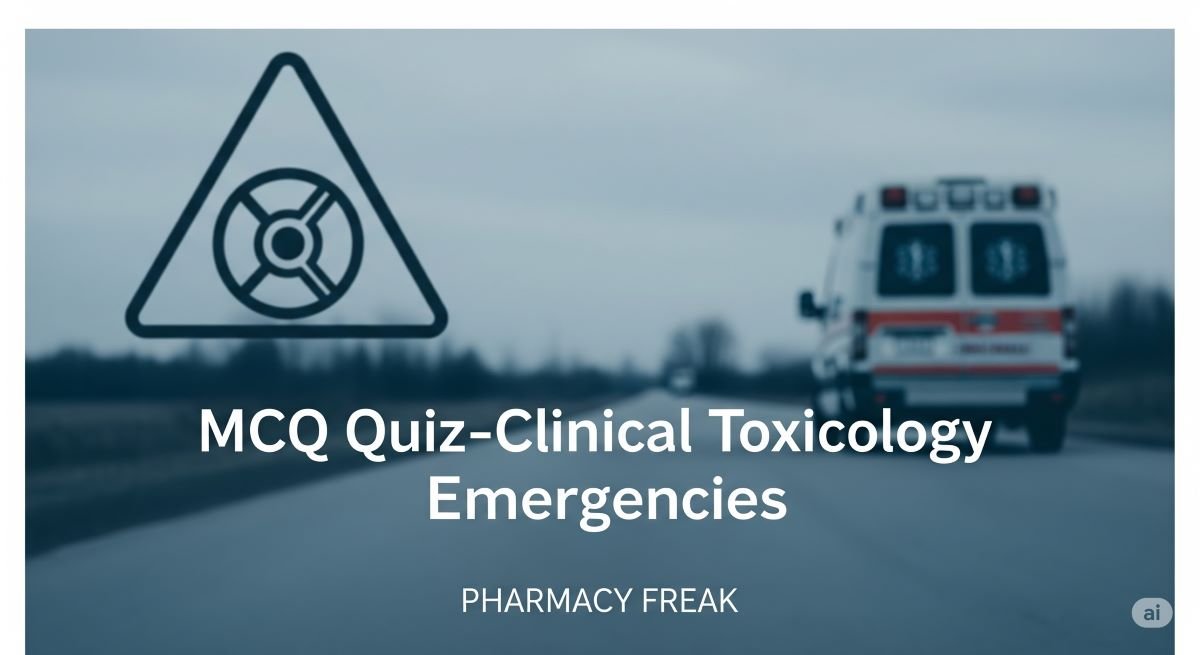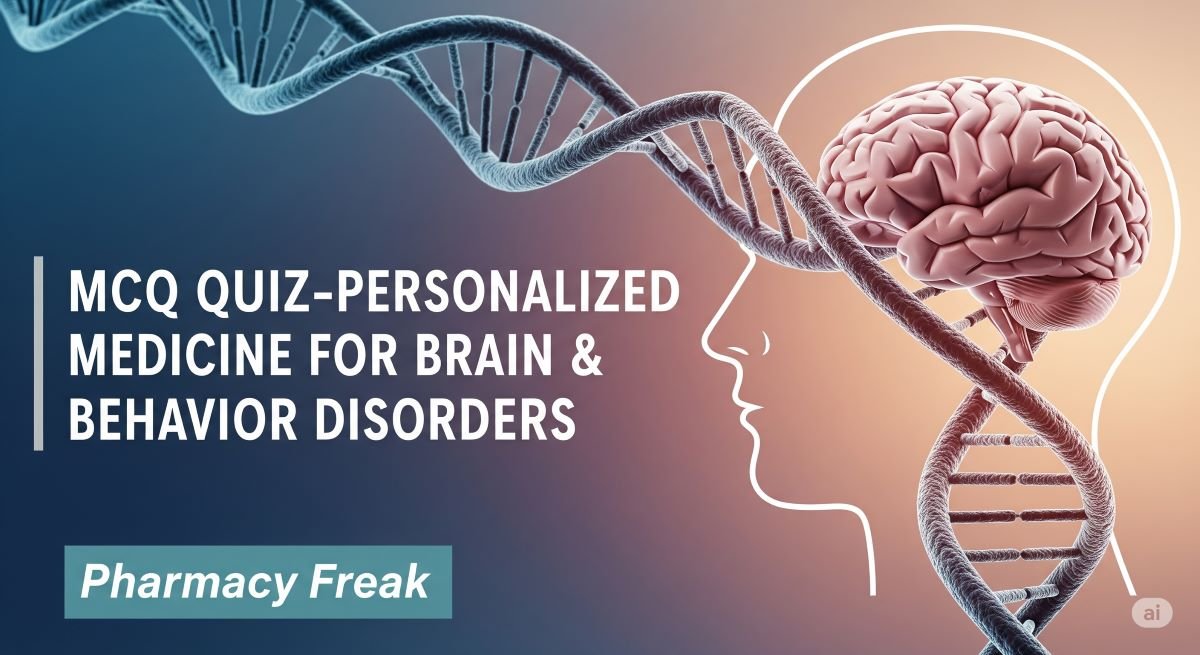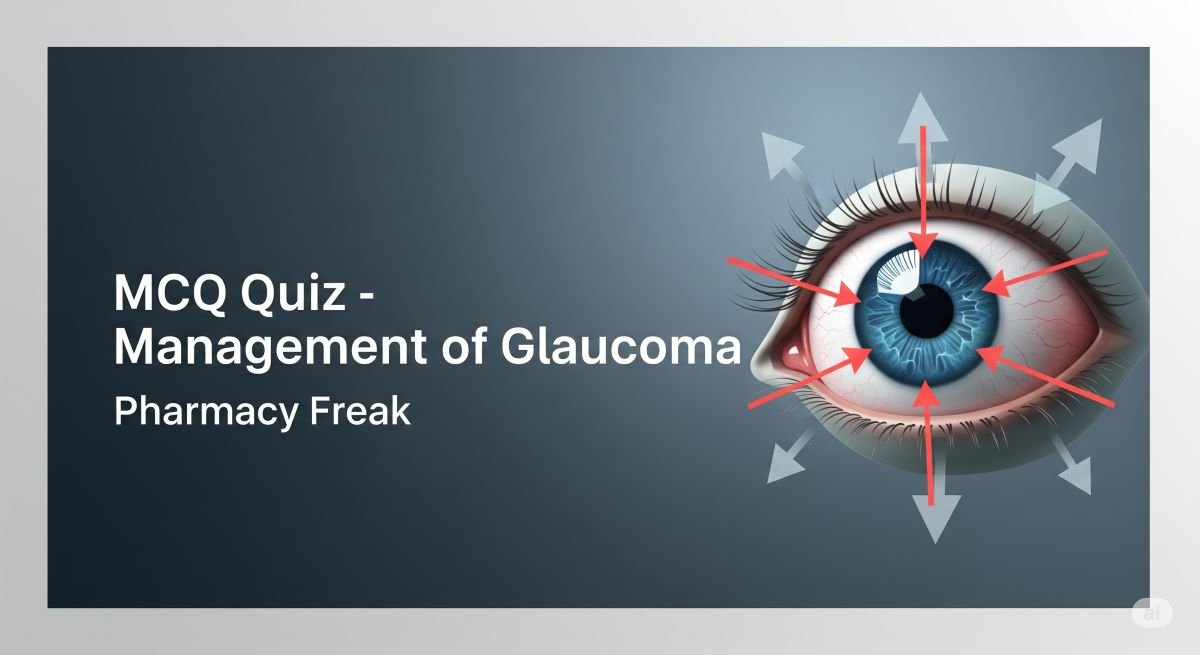

Prepare for Brain and Behavior Patient Care MCQs
Patient Care VII: Brain and Behavior is where pharmacy meets neurology and psychiatry. This course challenges you to connect drug therapy, patient safety, and real-world scenarios involving the brain and mental health. The MCQs in this area test both your clinical knowledge and your ability to support patients with complex behavioral and neurological needs.
What’s Covered in Patient Care VII: Brain and Behavior?
This part of the curriculum goes deep into conditions like depression, anxiety, schizophrenia, epilepsy, Parkinson’s disease, Alzheimer’s, and substance use disorders. You’ll learn to assess symptoms, choose safe and effective therapies, recognize side effects, and guide patients and caregivers through challenging treatment plans.
What Will Patient Care VII MCQs Test?
Core Focus Areas
Neuropsychiatric Disease Management:
Expect questions on diagnosis, treatment goals, and selecting first-line or alternative therapies for brain and behavior disorders.Drug Mechanisms and Safety:
MCQs will cover how medications work, possible interactions, monitoring parameters, and managing adverse effects—especially those unique to neuro and psych drugs.Patient Communication and Counseling:
You’ll see scenarios on how to counsel patients and families about medication adherence, stigma, and what to do in a mental health crisis.Clinical Decision-Making:
Some questions will ask you to solve case-based problems, prioritize care, and respond to emergencies like seizures or acute agitation.Interprofessional Collaboration:
Expect MCQs about working with psychiatrists, neurologists, nurses, social workers, and family members to support comprehensive care.
Why These MCQs Matter
Here’s the thing: caring for patients with brain and behavioral conditions is about much more than medications. It’s about empathy, communication, and clear-headed clinical judgment. These MCQs train you to see the full picture—to recognize red flags, minimize risks, and offer real help to those who need it most.
Tips for Success with Brain and Behavior MCQs
1. Connect Symptoms to Disease:
Start each question by matching symptoms with likely diagnoses before thinking about treatment options.
2. Prioritize Safety and Monitoring:
Always choose answers that minimize risk, especially when medications affect mood, cognition, or movement.
3. Communicate with Compassion:
If counseling or stigma is involved, go for the response that’s respectful and empowering for the patient.
4. Know Your Drug Profiles:
Many questions hinge on side effects, contraindications, or tricky drug-drug interactions—especially in neuropsychiatric meds.
5. Be Ready for Emergencies:
Stay sharp for scenarios involving acute crises, overdose, or medication withdrawal.
Building Confidence in Neuropsychiatric Care
Mastering Patient Care VII: Brain and Behavior MCQs means building clinical confidence in one of pharmacy’s most challenging areas. Use every question to sharpen your skills and deepen your understanding—not just for exams, but for every patient who relies on your knowledge and care.















